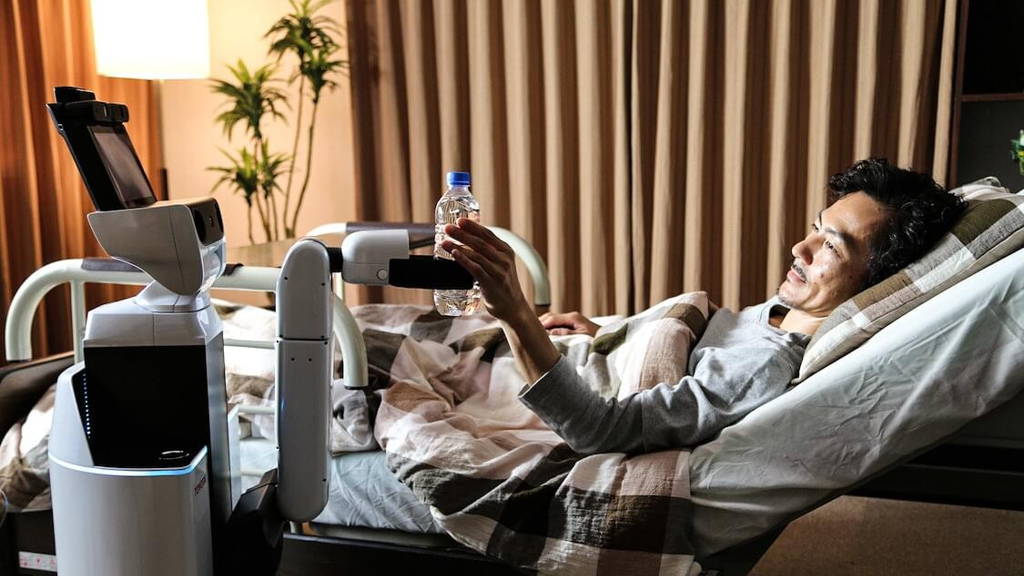A doctor’s diagnosis may be wrong. And, just like in the case of other industries, it sometimes is. The problem is, however, that in the case of healthcare, this topic is a taboo that most people tend to avoid like fire. This is a mistake. Although medicine requires precision, no doctor is an infallible oracle. Several years of studies, which are followed by long internships, are an unquestionably rigorous training process for anyone who would like to protect the lives and well-being of others. From the very onset of their careers, such people follow the Hippocratic oath and do everything in their power to help those in need, and, above all, do no harm. The fact that the outcomes of their actions are sometimes far from those intended is a result of inherent human weaknesses that no person can escape, i.e. the limited capacity regarding memorising and processing information, as well as making biased decisions, and, occasionally, being guided by the wrong principles. In healthcare, this may lead to severe errors, the scale of which largely remain unknown.
Artificial intelligence has no limitations characteristic of the human brain
We only ever rely on estimates: 1,500,000 people died worldwide due to an incorrect diagnosis or a complete lack thereof. A recent study by John Hopkins University suggests that every year, 250,000 people die due to medical errors in the United States alone. Other reports include figures reaching up to 440,000 deaths annually. As such, this is the third most common cause of death in the world, right after cancer and heart and circulatory system diseases. Nonetheless, it is a disproportionately rarely discussed issue. Back in the day, this topic was avoided since little could be done to improve the state of affairs, apart from introducing checklists and safety procedures.
Accuracy beyond the capabilities of the human brain
But today, a new ally has arrived on the scene. One that can help us diagnose patients and prepare treatments with the utmost precision. Artificial intelligence has no limitations characteristic of the human brain. It can absorb infinite amounts of data, analyse and compare it meticulously, and draw conclusions based on the entirety of the available knowledge. More importantly, AI can do all of this with speed and precision that no human can. Machines can perform calculations while people can feel and think creatively. It is computers that should be given some of the competencies in regard to diagnosis and treatment, as they have access to the aggregate data concerning all 30,000 of the known diseases, whereas a typical doctor can only recognise up to 500 of them. A doctor and an AI can form a team that will be able to finally eliminate a plethora of mistakes and omissions plaguing the healthcare sector by combining hard scientific evidence with intuition and elements of humanism. Hence, there exists no rational justification to delay the widespread use of AI tools in the world of medicine, where they will be able to minimise the scale of human errors significantly. Medical errors should be at the very end of the statistics of causes of death.
Trust the algorithms
Technology companies all around the world are working tirelessly on ever-improving artificial intelligence tools for medical applications. An excellent example of such tools is symptom checkers, which are AI-based systems that analyse the patient’s symptoms and search for their potential causes in medical databases. The primary advantage of such tools is their ability to access up-to-date knowledge quickly. The downside is the fact that they still cannot access patients’ medical records and, quite predictably, cannot carry out physical examinations either.
Regardless of these limitations, these tools have already allowed some patients to discover the type of medical condition that they had been suffering from, often for years, without a proper diagnosis available. The second category of AI solutions is clinical decision support systems. Artificial intelligence can suggest the best therapy options which have worked well for other patients. For example, IBM Watson offers such advice in cancer treatment. And although its use has not yet resulted in a significant medical breakthrough, its effectiveness will undoubtedly rapidly increase with the progressing digitisation of healthcare data and the improving information exchange process between individual medical centres.
Refusing to use the best available methods which can save human lives is quite simply unethical. Similarly, it is just as immoral to sweep the problem of diagnostic and medical errors under the proverbial rug, especially at a time when we finally have the tools needed to reduce their frequency significantly.






